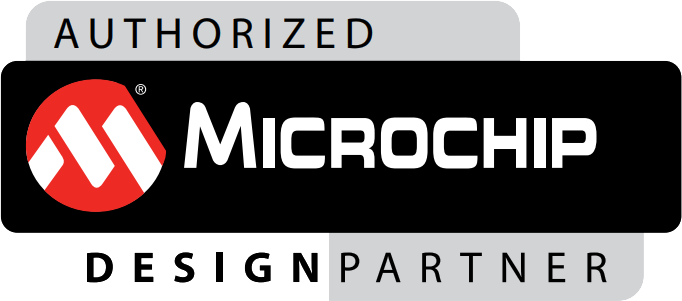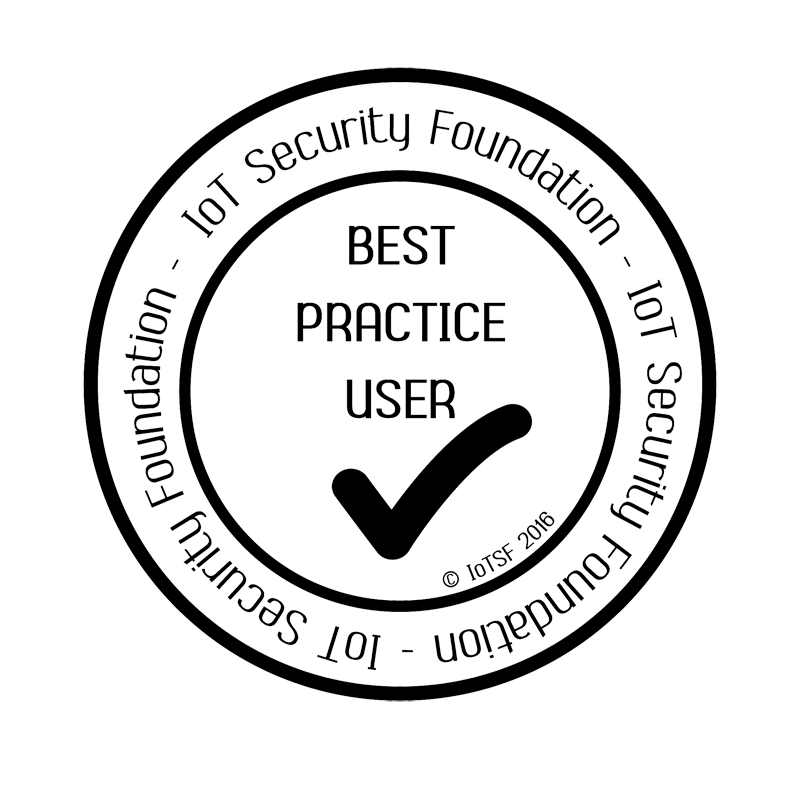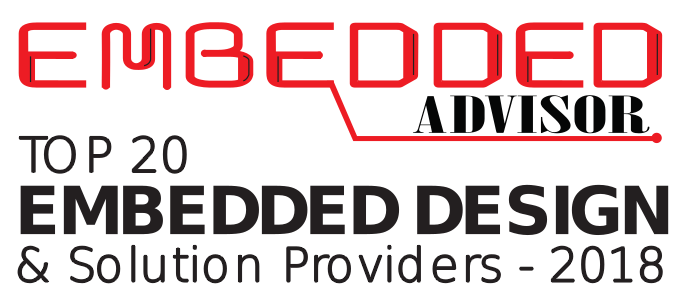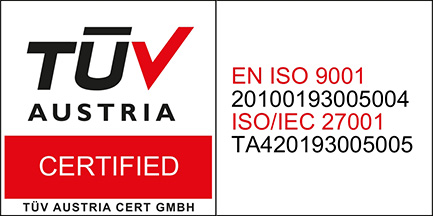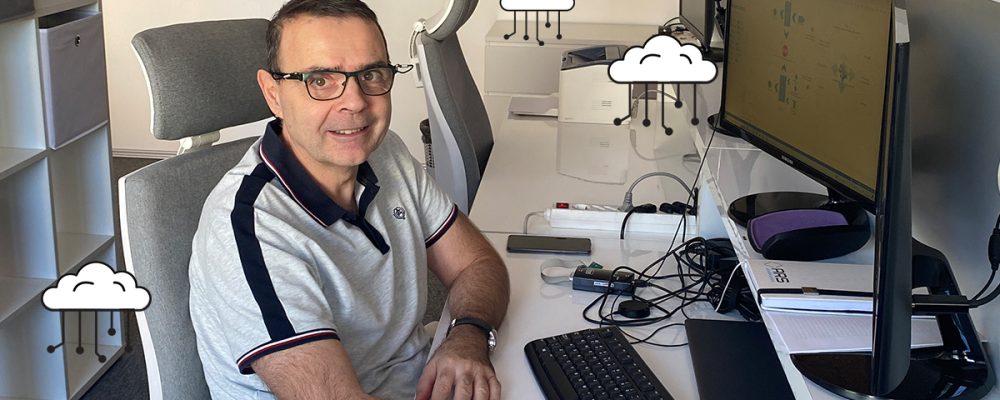
Zoran’s Unconventional Journey: From Hobbyist to Professional Firmware Engineer
Our colleague Zoran has had a rather unconventional career path, so we asked him to share his story with us. He graduated in electrical engineering many years ago, but destiny led him down a different path, until just over a year ago when he joined us at ARS. Read on to find out how it all unfolded and how his passion for electronics prevailed…
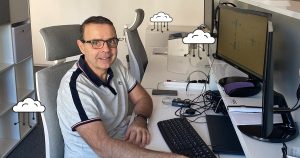
1. Zoran, please briefly describe your role, how long you’ve been with ARS and the and what your job entails.
At ARS, my role as a firmware engineer is dedicated to the development of embedded systems. These systems are built around programmable control units (brand name microcontrollers), applications developed for them, and various controllable peripheral devices (sensors, actuators, pre-made subsystems). I’ve been a part of the ARS team for a little over a year.
My role is incredibly engaging, primarily because it demands a high level of creativity and presents a multitude of intriguing challenges. This dynamic environment aligns perfectly with my natural curiosity and my determination to conquer challenges. In our line of work, we encounter a diverse array of tasks and customer demands, all of which we fulfill using the aforementioned components. What makes it truly exciting is the creative freedom we have to devise solutions based on our own innovative ideas, while simultaneously adhering rigorously to the company and industry standards, especially when it concerns the device safety requirements.
The flip side of the coin is that this job demands a practically continuous learning process and, consequently, a significant amount of time. Given the wide variety of components at our disposal, each accompanied by extensive documentation, staying updated is crucial. Additionally, as technology continues to advance, we frequently encounter new components, which is inevitable but necessitates a thorough study of comprehensive documentation, occasionally with the risk of overlooking critical details that can lead to unnecessary complications in the development process.
2. You completed your electrical engineering degree but pursued a different career path for many years. Where were you, and what were you doing?
What I learned from my former professor and mentor during my college days was that the most important skill I gained after finishing my studies was the ability to learn. I shouldn’t worry about whether the knowledge I acquired in college would be sufficient for my future job. And it turned out to be true. I professionally engaged in my field of choice, namely electronics, for a very brief period, and soon I had to find a job that would provide a livelihood. By sheer luck, I landed a job at a bank, and it’s well-known that banks are companies closely tied to financial flows, making it possible to live decently while working there.
During my career, I was lucky to change employers within that bank because it was acquired by another bank. Alongside changing employers, I also transitioned through several job roles: I started as a program developer, then became a system engineer, and eventually an integration engineer. My entire banking career was incredibly interesting and challenging in the sense that I always worked with new technologies, introduced them, and put them into production. What was common among all these technologies was their foundation in information technology. As I mentioned earlier, even more importantly, the job was creative.
3. How have your hobbies and interest in electronics influenced your professional development/career? Describe how it all began.
I showed an interest in electronics from a very young age because my uncle was a power electrician who dabbled in electronics as a hobby. Inspired by him, I began my exploration of electronics with curiosity, starting with early projects like light show (which was a beginner’s must-have at the time) and studying the workings of electrical appliances. My favorite was the washing machine because it often broke down, and my uncle taught me how to maintain it. Later, when I enrolled in high school, I shifted my focus to TV sets (back then, they still had vacuum tubes), radio sets, and similar devices, as household appliances proved to be relatively simple and prone to mechanical failures.
During my studies, unfortunately, there were hardly any practical projects, and I struggled to keep up with my exams on time, so my hobby took a back seat. My graduate thesis, unfortunately, was the only practical work I did during my university studies. After graduation, I quickly found a job at a bank, and I devoted more time to other hobbies, such as hiking and biking in nature. The 1990s, in general, were not very inspiring for engaging in creative hobbies, as we were all focused on basic needs. Later on, family responsibilities came into play, and my hobby patiently waited until my older son showed an interest in electronics, much like I did when I was his age. Naturally, I supported his interest, but I also needed to lead by example and help him grasp the basics.
So, I rekindled my old hobby with a good excuse – helping my child. However, as my child reached high school, it became my dominant interest. I assisted him not only with his school’s Arduino section but also at home in realizing a few small devices.
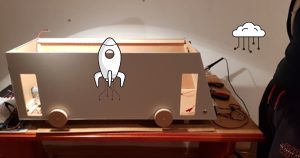
By sheer luck, I had the chance to accompany the Arduino section to the IEEESTEC conference for student and high school electronic projects in Niš, thanks to the then-director of the Electrotechnical School. The project we worked on was a bus with the primary function of tracking the number of passengers boarding and disembarking. The data were recorded locally and transmitted via GSM, with power supplied by a battery charged using a solar panel on the bus’s roof while in motion or through a charger while in the garage. The atmosphere at ETF in Niš, where I met numerous enthusiastic students and high schoolers engaged in electronics, undoubtedly inspired me and planted the idea that I could one day pursue this as a profession. I realized there was much I could impart to those kids and learn myself.
Of course, when I returned home from Niš and resumed my daily routine, it seemed impossible, primarily due to my age. Additionally, the COVID-19 pandemic quickly refocused my attention on basic life needs, both for myself and my family.
4. How did you eventually decide to apply for a job at ARS?
Believe it or not, working at the bank became unbearable for me, and I began contemplating leaving as soon as the COVID-19 pandemic subsided. I was unsure of where to apply or what kind of job profile and employer to seek. My age, work experience, and my insistence on not traveling or relocating to Belgrade significantly limited my options for potential job positions and employers. Clearly, ARS aligned with my desired choices, and, more importantly, I fit the company’s requirements.
5. Your journey is unconventional and proves that your love for electronics ultimately prevailed. What advice do you have for young people starting their careers in this field?
My only advice is not to wait too long while they are young and not to make excuses but to invest their youth in what fulfills them, wherever they may need to go.

